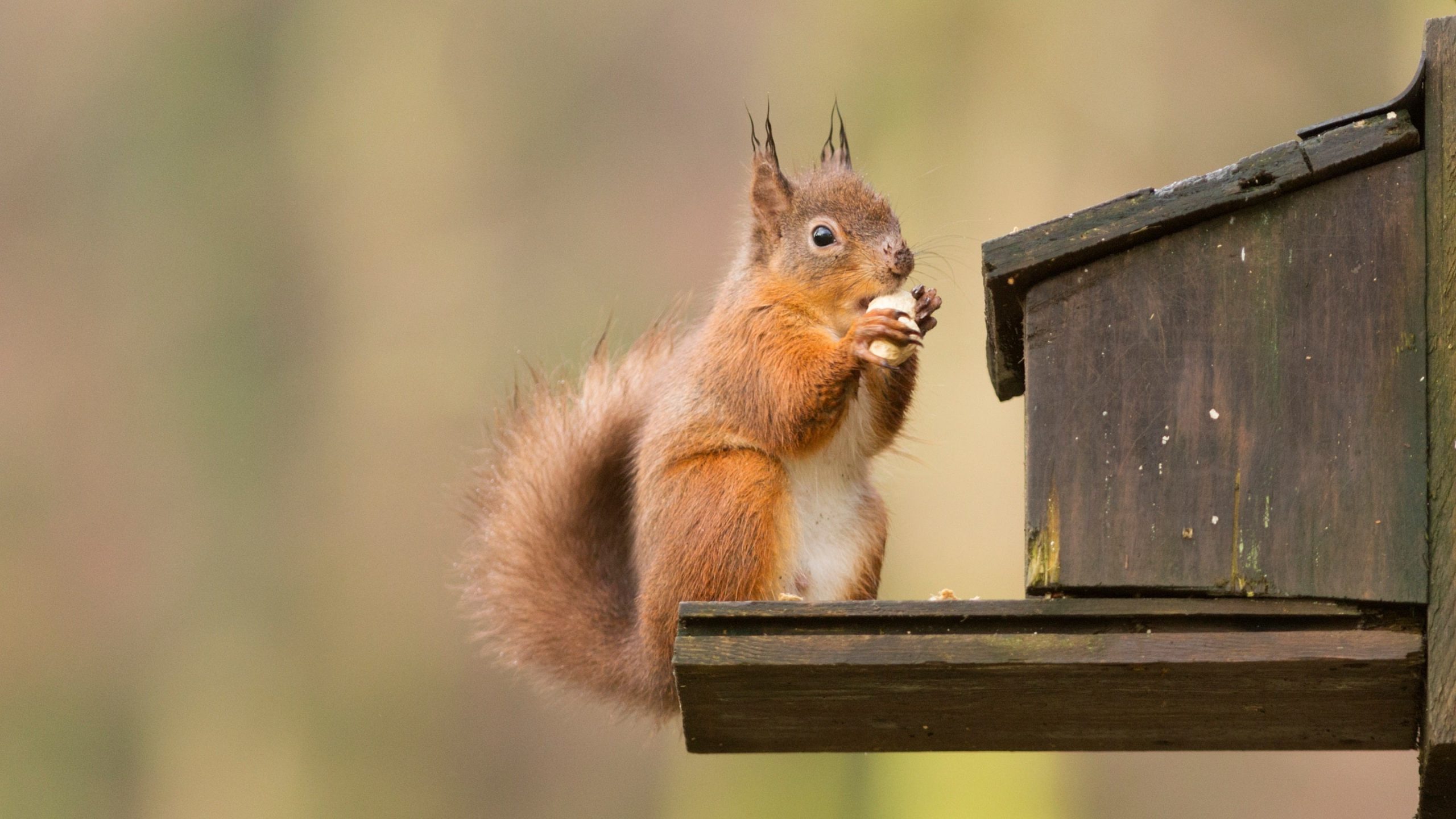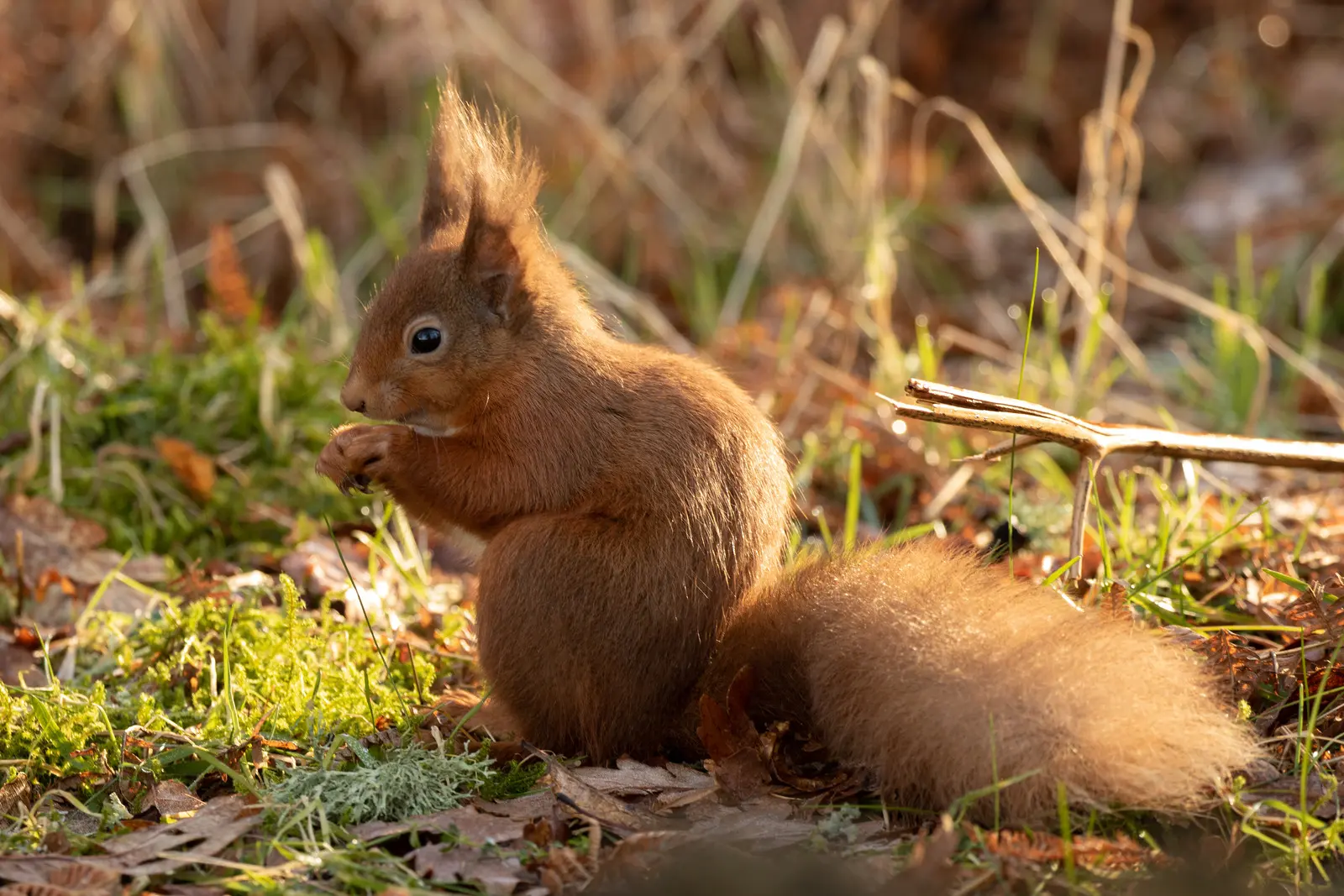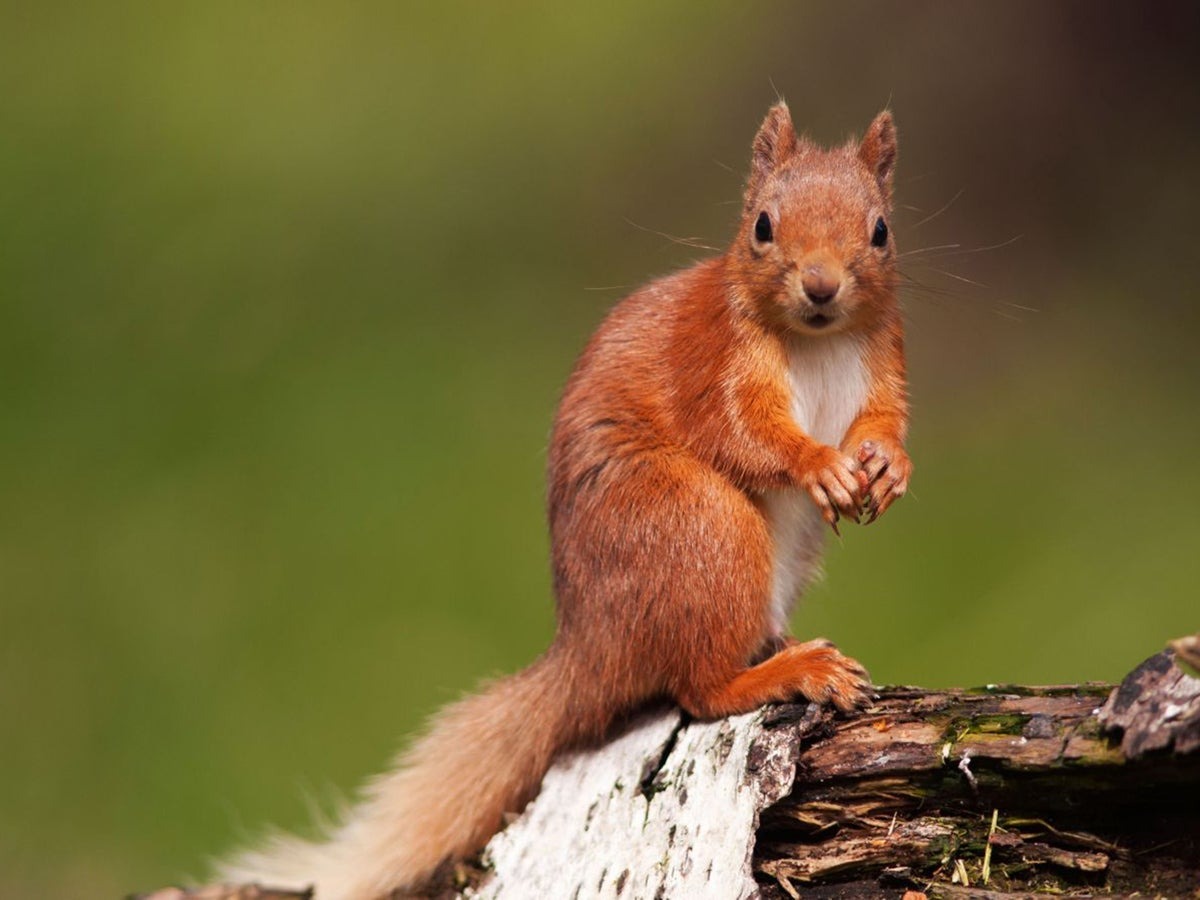After their original range was lost, red squirrels virtually disappeared from the island, but the efforts of volunteers and scientists have led to the restoration of their population, while maintaining the integrity of the local ecosystem.
David and Anne Scott: life with red squirrels on Mersea Island
Red squirrels, one of the iconic species in European forests, have become the focus of conservationists and communities on Mersea Island in Essex, England. More than ten years ago, when the number of these animals on the island began to decline, residents and scientists decided to organize a program to return red squirrels to their community.
More than a decade ago, residents of Mersea Island in Essex, England, began a program to reintroduce red squirrels to their community. Starting with 27 squirrels in 2012, the initiative has become a success and the red squirrel population is now estimated to number between 50 and 100 individuals. These animals have restored their role in the island’s ecosystem and become a joyful sight for local residents, confirming humanity’s ability not only to destroy nature, but also to restore its vulnerable components, reports the BBC.
This successful red squirrel reintroduction project has brought much joy to the island. David and Anne Scott, who have lived here for about seven years, enjoy seeing these fascinating creatures in their garden. Squirrels have become such a familiar and beloved part of their daily lives that David compares the satisfaction of watching them to the entertainment value of watching television. They, like other island residents, deeply appreciate the unique opportunity to observe these animals up close.

Ann and David Scott have turned their garden into a cozy haven for squirrels, providing them with a variety of treats including hazelnuts and banana chips. Their enjoyment of interacting with the squirrels highlights how strong bonds can form between humans and wild animals if they are given the opportunity to coexist peacefully. This personal interaction with the animals confirms the overall success of the Mersea Island Red Squirrels’ reintroduction program. Volunteers have put significant effort into not only bringing back red squirrels, but also helping them thrive given the lack of gray squirrels on the island, which often compete with red squirrels for resources and territory.
Thanks to dedicated efforts to conserve the environment and create a suitable environment for the growth and development of these species, the project has been a success. Mersey’s innovative initiative, inspired by examples of other island communities conserving red squirrel populations, is an important example of how careful planning and active involvement of local communities can lead to the revival of local wildlife. The thriving red squirrels on Mersea Island provide inspiration to conservationists and motivate similar efforts in other regions, highlighting the positive impact of restoring native species to their natural habitats.

The role of squirrels in the ecosystem: seed dispersers and population regulators
Proteins play a key role in the ecosystem, having several beneficial functions:
Seed distribution. Squirrels are active distributors of seeds of various plants. They can carry seeds over long distances, which facilitates plant dispersal and supports biodiversity.
Regulation of insect numbers. Squirrels are natural predators for many insect species. Their consumption of insects helps control pest populations and maintain balance in the ecosystem.
Work as an indicator of the state of the ecosystem. Changes in squirrel numbers and behavior may serve as an indicator of health and ecosystem sustainability. A successful squirrel population usually indicates a good ecological environment.
Interaction with other animals. Squirrels can be an important link in the food chain, providing food for predators and maintaining balance in populations of different species.
Creation of food warehouses. Squirrels often create food warehouses where they bring and store nuts and other foods. This may help regulate populations of plants and other species, as well as provide food for other animals during the winter.
Thus, proteins are an important part of the ecosystem, performing a number of useful functions that maintain the balance and diversity of life in nature.

